A vaccine is here, but do people want it

Researchers and scientists have been attempting to find a vaccine for COVID-19 since the pandemic began. While they may be on the brink of a cure, many people are wondering if the benefits of the vaccine outweigh the negative side effects or if they should even take it. Vaccine trials have shown varied results.
The coronavirus is still spreading rapidly and the current restrictions are the only reason why larger amounts of people aren’t dying. A vaccine would potentially teach the body to fight the infection or develop herd immunity.
According to Dr. Sara Oliver, from the CDC, forty to eighty percent of Americans said they would be willing to take the vaccine if it was FDA approved and given at 0 cost.
In a survey among peers, 16 out of 37, a mere 43 %, said yes they would take the vaccine.
“It’s definitely better to be safe than sorry. If the vaccine is approved by a credible organization and it doesn’t take anything out of my pocket, all the more reason to take it because there is little to no risk, said Charlene Orden, a student at Naugatuck High School.
Many companies and researchers are trying to create a vaccine, but the two that currently seem to be the most effective are the Moderna vaccine and the Pfizer vaccine.
Although the Moderna vaccine is 94.5% effective against the virus and the Pfizer vaccine is 90% effective, many people are still not ready to take either.
“I would not take a vaccine for COVID-19 if it became available in the next few months. Vaccines usually take several years to develop, so I am weary of accepting one developed in such a short time. I am also worried about potential side effects of the vaccine outweighing the risk of myself contracting and dying from COVID-19. I think there are other measures that young, healthy people can take to ensure their safety during this time. If I was immunocompromised or elderly, I may feel differently,” said Ms. Kimball, a teacher at Naugatuck High School.
Human trials for the Moderna vaccine began in March. Volunteers for the vaccine were given either a placebo or the Moderna vaccine. Researchers found 11 cases of COVID-19 among the placebo group in comparison to 0 cases among people who took the vaccine.
The Moderna vaccine is still pending FDA approval, but the results seem to be promising.
In a press release, Pfizer said they had identified 94 cases of COVID-19 among 43,538 trial participants. They did not indicate exactly how many of those cases were in the placebo group or among those who got the vaccine. But they said that the split of cases between the groups suggested that the vaccine was more than 90% effective at preventing disease.
The advantage the Moderna vaccine has over Pfizer’s is the vaccine can be kept in the refrigerator for 30 days while Pfizer’s can last only 5 days. Moderna’s vaccine can be kept at minus 20 degrees Celsius while Pfizer at minus 75 degrees Celsius.
CDC states the vaccine might take time for a body to build immunity since the vaccine has not had enough time to provide protection.
Dr. Siegel, professor of medicine at New York University, said some of the side effects from the vaccine are less severe than the extreme symptoms of the virus. He described the effects of the vaccine as “transient” to make patients aware they don’t need to worry about the side effects and that it’s a minor factor to the vaccine.
Along with wanting to know the side effects, many people are curious as to when vaccine doses will be available and to whom they will be given first. The FDA center told groups of patients, in a presentation, it will take several weeks or even days for an approval.
The Trump Administration’s response was the elders who are 65 and older should be given the vaccine first and then the health care workers. However, Biden’s Administration believes the health care experts should decide who will get the vaccine first.
With the virus still spreading rapidly, it is important to continue taking proper precautions including social distancing and wearing a mask. Although a vaccine is the most ideal precaution, people still have the right to decline if they don’t feel comfortable taking it, especially since this vaccine was created in a short amount of time and it usually takes years to perfect a vaccine.
Recently Presidents Obama, Clinton, and W. Bush have said that they are willing to take the vaccine on television in an effort to convince others that it is safe and that they too should be vaccinated.
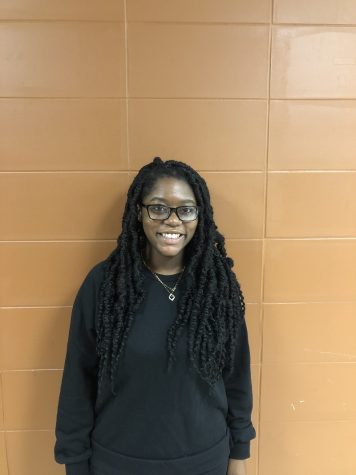
I am a senior in Journalism 3. I plan to be a neurologist and I decided to take journalism again because I love writing about topics I'm passionate about...

I am a senior in Journalism 3. I want to be a Pediatric Physician Assistant. I continued to take Journalism because I love writing articles to let people...







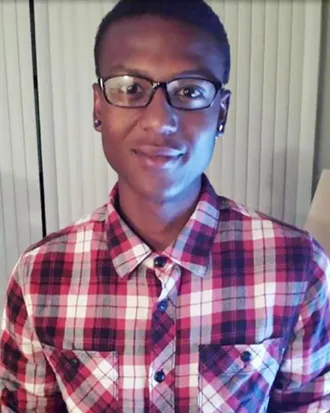
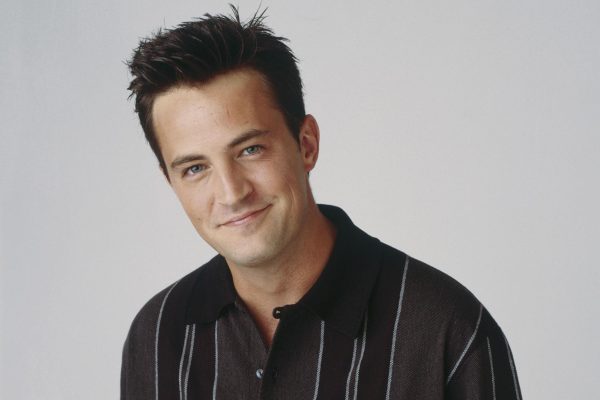
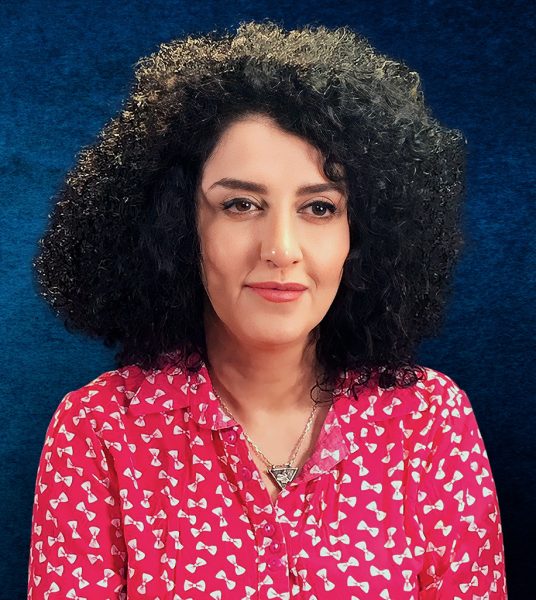
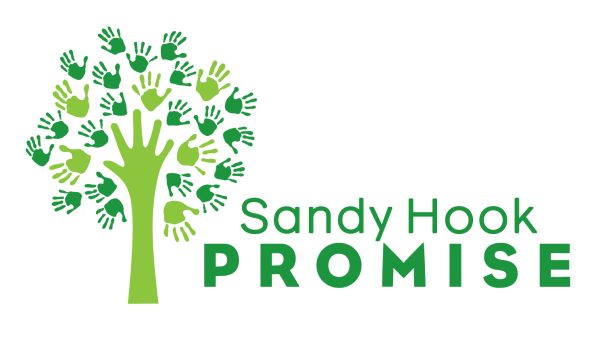
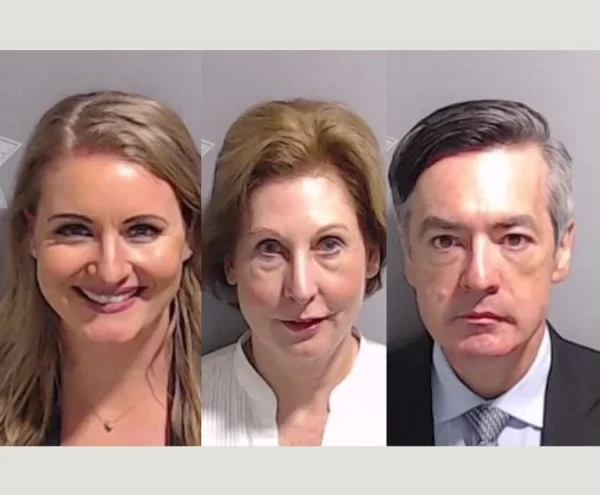

Alexandra N Guerrero • Mar 19, 2021 at 7:55 am
I totally agree with this article and your viewpoints since we are living in the middle of this pandemic this is such a good article since it’s given a lot of info I didn’t know and it’s very well said and put together perfectly.